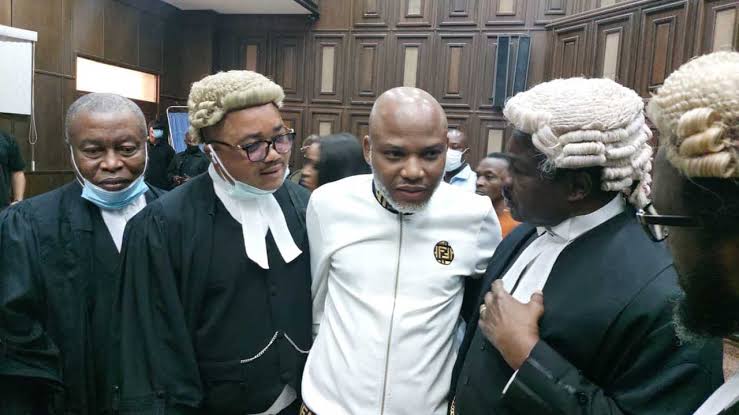
The U.S. Department of State has criticized the Nigerian government for what it termed as arbitrary arrests of Former CBN Governor, Godwin Emefiele and Leader of IPOB, Nnamdi Kanu, by security forces (DSS).
The U.S. made this known In its ‘2023 Country Reports on Human Rights Practices: Nigeria,’ released on Tuesday.
The report outlined concerns over prolonged pre-trial detentions, lack of access to courts for detainees, and disruptions to the country’s judicial processes. It cited instances where suspects were apprehended without proper warrants, particularly in corruption cases.
According to the report, Godwin Emefiele, the former governor of the Central Bank of Nigeria, was detained by the Department of State Services (DSS) on June 10 “for investigative reasons”.
Despite being granted bail by a Federal High Court in Lagos on July 25, the DSS attempted to re-arrest him, resulting in a confrontation between DSS agents and Nigerian Correctional Service officers.
Similarly, Nnamdi Kanu, leader of the Indigenous People of Biafra (IPOB), was apprehended by the DSS on national security grounds.

Although facing charges of treason, terrorism, and illegal possession of firearms, Kanu had fled abroad in 2017 while on bail, only to be returned to Nigeria in 2021.
Despite an appeal court in Abuja dropping all charges against Kanu in 2022 and ordering his release, the federal government appealed the decision.
The Supreme Court overturned the ruling on December 15, maintaining terrorism charges against Kanu, who remained incarcerated.
The report also shed light on systemic challenges within Nigeria’s judicial system, including a shortage of trial judges, case backlogs, corruption, bureaucratic hurdles, and political interference.
It highlighted logistical issues, such as transportation constraints and misplaced case files, exacerbating delays in legal proceedings.
In response, the U.S. emphasized the importance of fair and transparent legal processes to uphold human rights in Nigeria, urging the government to address the inadequacies within its judicial system.



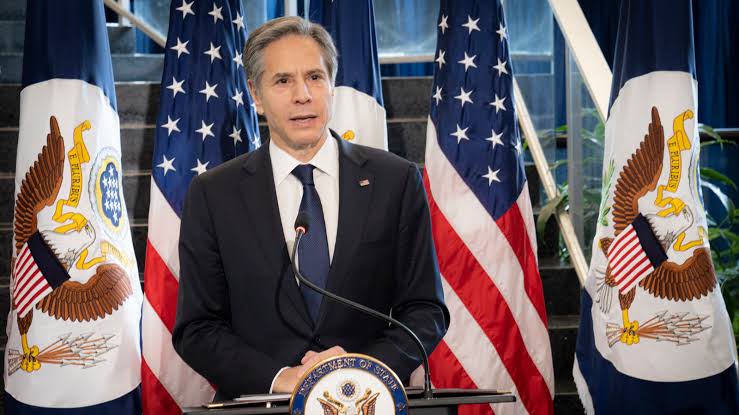
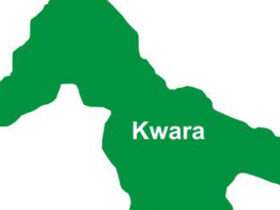

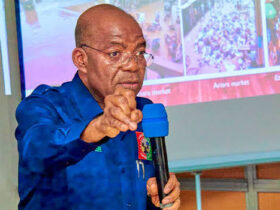
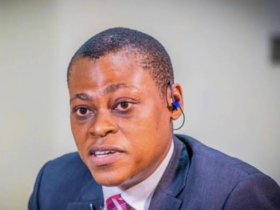
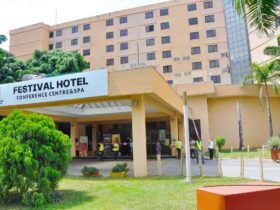
Leave a Reply